(ECNS) -- Chinese researchers have developed a new technology to extend the lifespan of rechargeable lithium-ion batteries, reducing the reliance on complex Li-based electrode materials for Li-ion supply.
The findings were published in the internationally-acclaimed science journal Nature on Thursday.
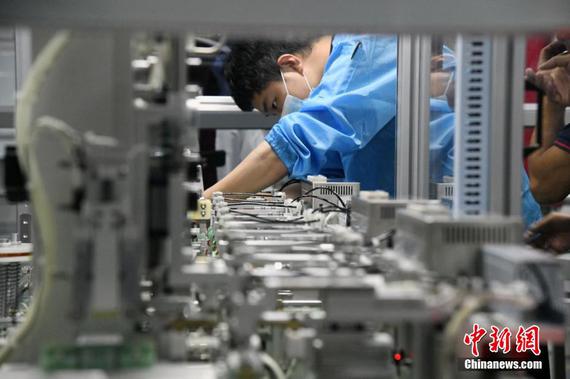
The lifespan of a battery, much like human health, largely depends on the condition of its core component: active Li-ions. Efficiently replenishing lost Li-ions can significantly extend a batttery’s usage.
Based on this concept, a research team from Fudan University identified a lithium carrier molecule that can be injected into an assembled battery cell.
Gao Yue, a researcher at the Department of Macromolecular Science at Fudan University, stated that this technology can restore lithium-ion batteries to near factory-new performance even after 12,000 charge-discharge cycles.
The team employed AI and chemical informatics to digitize molecular structures and properties in designing the lithium carrier molecule. They built a database and used unsupervised machine learning for molecular recommendations and predictions, leading to the successful synthesis of the molecule CF3SO2Li.
This molecule not only demonstrates strong performance in repairing commercial batteries at a low cost but also holds potential for developing new, environmentally friendly batteries, Gao added.
The technology has already undergone testing on various battery types and is now being developed in collaboration with leading international battery companies, with the goal of practical application as soon as possible.

























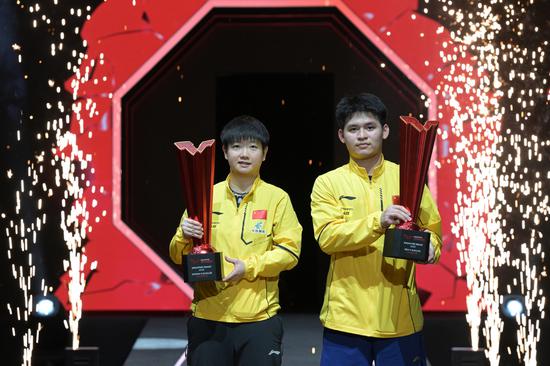












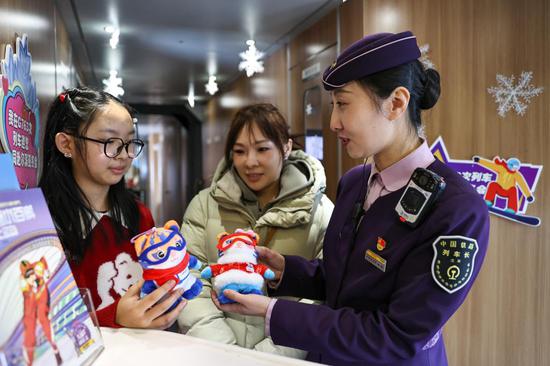


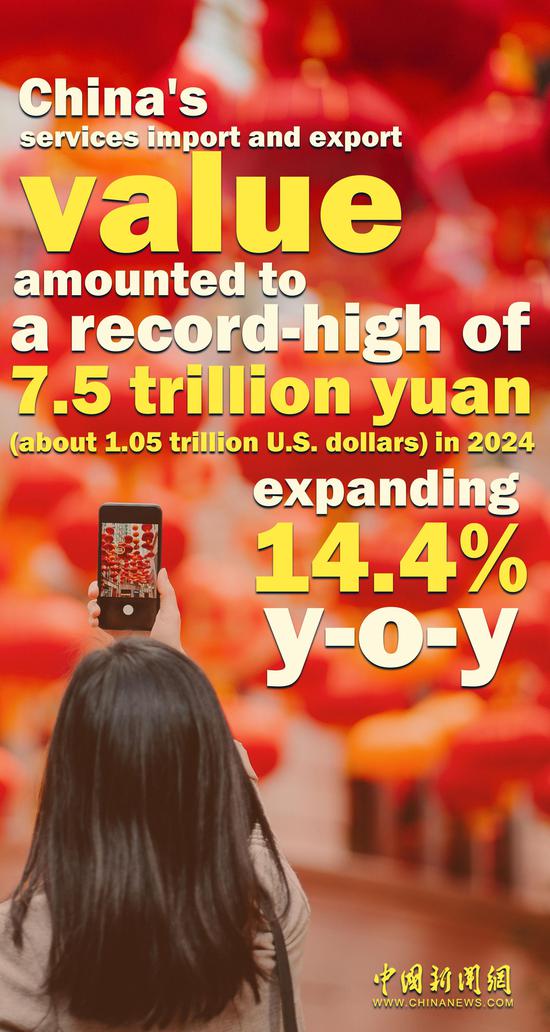

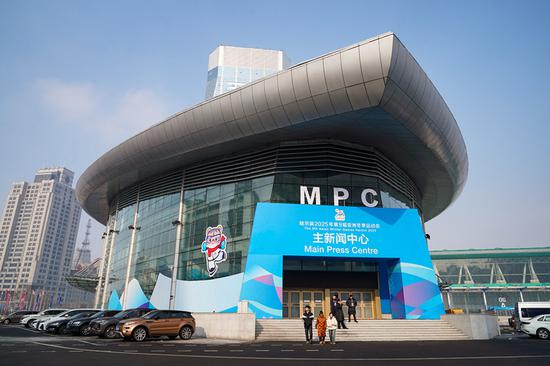


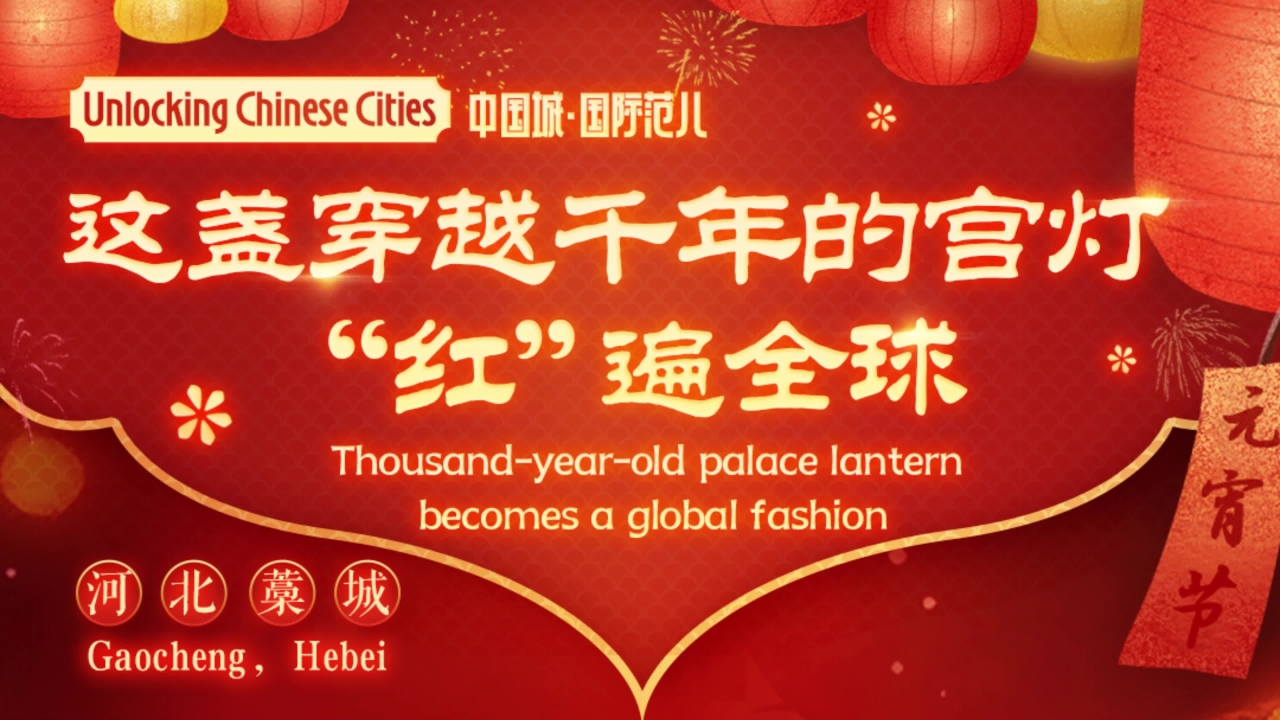

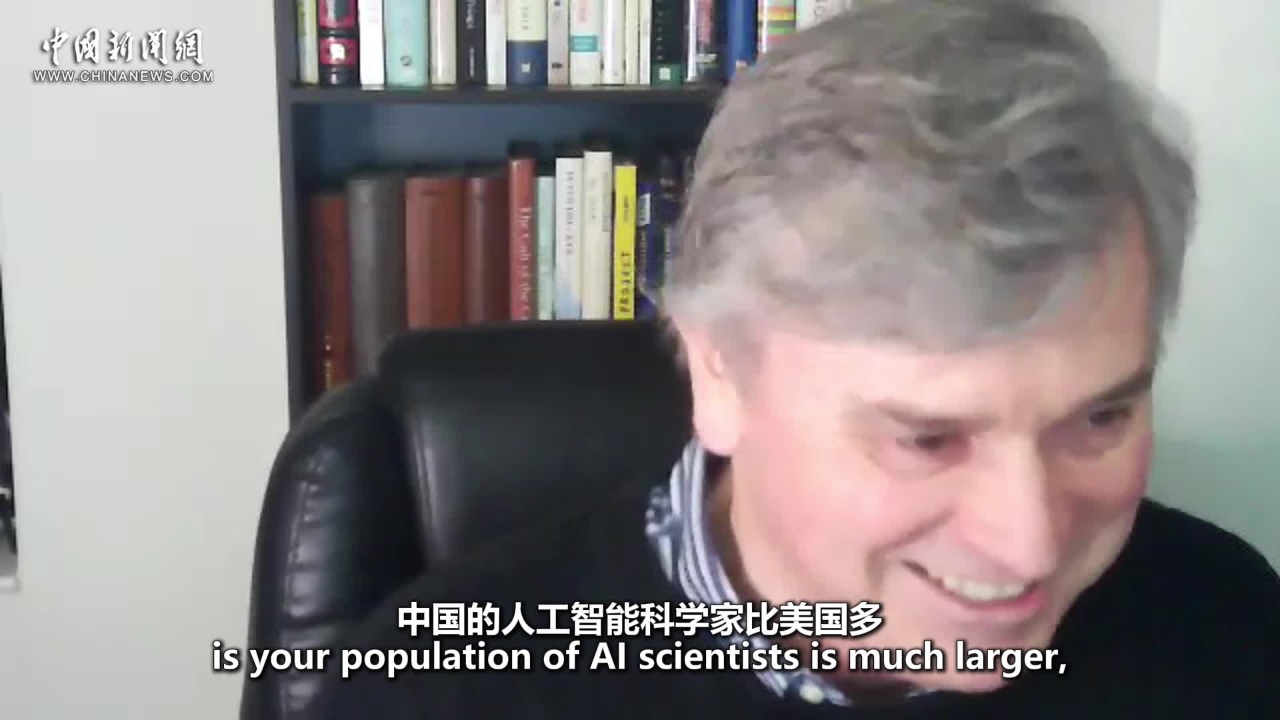

 京公网安备 11010202009201号
京公网安备 11010202009201号